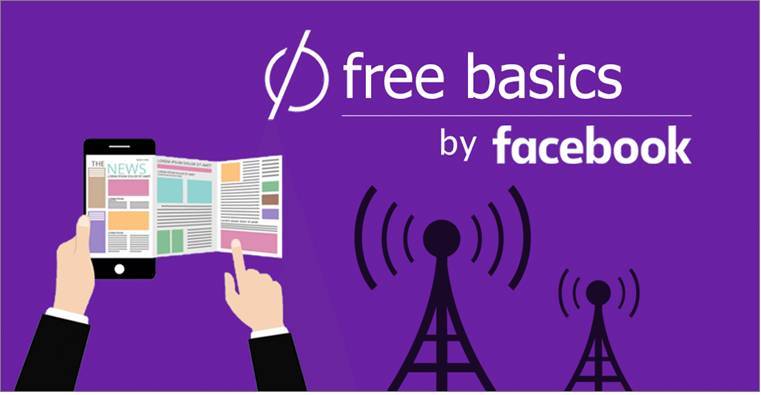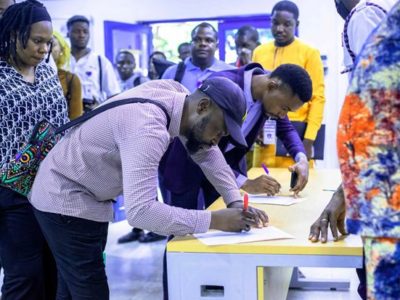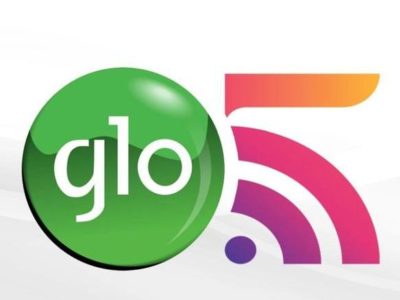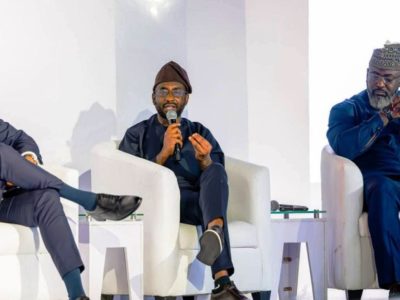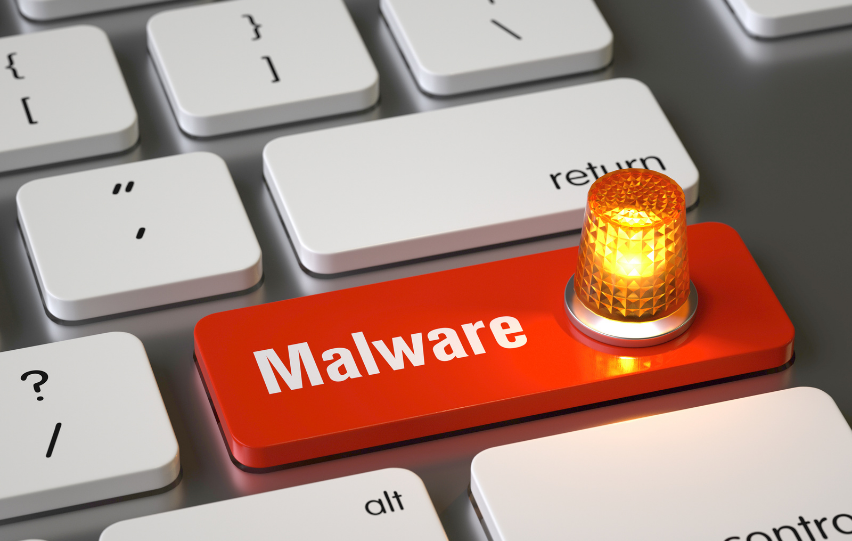This paper arises from and adapts several online discussions, unfolding digital news and a publication titled “Facebook is misleading Indians with its full-page ads about Free Basics.i” by Mahesh Murthy. Facebook “Free Basics” seems to offer “free access” to the Internet for those who cannot afford it. However, the scope of the “no cost” offer is limited to Internet sites that Facebook chooses. This limitation, often described as a “walled garden” is detrimental to society, especially those who cannot afford open services because it prioritises some websites over others. Thus a two tier Internet usage model arises with unlimited access for those who can afford it, and limited access for those who cannot.
Free Basics can be compared to a land grab and restriction of a public waterway that passes through the “grabbed” land. Far from being a mechanism to achieve “digital equity” it has the potential to foster digital apartheid against those at the lower income stratum in violation of the principles of Net neutrality resulted in the ubiquitous internet we all use today.
We have entered a new phase of internet exploitation that relies on data mining and big analytics, and this what inspires Facebook’s Free Basics. Furthermore, big data analytics are the most significant contemporary platform for espionage and gaining attaining substantial insight by global hegemonies. Spy agencies no longer need to extract information from unwilling victims, they simply follow our likes and shares to gain insight into who we are, our relationships and increasingly our intentions. However, this does not mean Facebook is without any altruistic intent and it may be possible Nigeria to leverage Free Basics as a ‘door’ into the online world for those who cannot, at this time, afford to pay for online services. However, it is the “price” we will pay, and loss of sovereignty, for such a door that bothers many of us.
Net neutrality is the principle that digital service providers, especially those that offer access to the Internet, must enable access to all content and applications regardless of the source, and without favouring or blocking particular products or websites without prejudice to domestic laws and regulations. Facebook Free Basics contravenes this principle. It must be understood that the wireless spectrum like many other resources, such as land and minerals, belongs to all Nigerians and they are managed in the best national interest by the government, through licences issued to telecoms providers, on behalf of her citizens. Bandwidth therefore, inherently belongs to the people.
However, in life things are seldom either zero or one. Net neutrality is a United States driven initiative, and therefore in its overarching strategic interest. It is a vital enabler Over the Top (OTT) services like WhatsApp Voice, Skype, Facebook Voice and others who, in the main, happen to be US companies. They are making significant investments so as to obtain the huge profits that such services, subsequent data mining and intelligence gather opportunities will facilitate.
However, some nations, especially in the Middle East, have either restricted, or are considering restrictions on, OTT services. The European Union has been uncomfortable with the dominance of the US of such services. Nigeria must understand what, and why, things are happening, engage in informed internal conversations and then take actions in our own strategic interest. One such conversation is if we don’t leverage Facebook’s Free Basics or other similar “services” then how do we deliver services to the underserved and unserved.
It is important that government maintains net neutrality and its own technological sovereignty by ensuring that every digital service provider offers full access to the internet and its resources. Technological sovereignty is achieved when information and communications infrastructure, processes and data are subject to the laws of the country in which they are located or pass through. Access to general internet resources must not be dictated or limited by foreign company.
Facebook and other firms are welcome to make charitable contributions to our poor and underserved in cash, or in kind such as via data bundles and capacity building initiatives. However, Facebook and other firms should not restrict where our people visit on the internet. This does not preclude the prerogative of Government sensors, or national security restrictions, because that is the privilege of an elected government, with checks and balances, not a foreign profit oriented company. We must avoid a reincarnation of the colonial Royal Niger Company’ in the digital era.
Data is getting cheaper in Nigeria and eventually everybody will be on the full and open internet, given time. There are other solutions to getting the poor online but selling our people to Facebook is not an option. The internet should be open for all our people and public networks should be neutral, especially when the use public property/ resources, such as the wireless spectrum.
Many of the nations that have acceded to Free Basics are poor nations with little experience of anything better, unlike Nigeria. Egyptii and India have formally shut down the initiative in their jurisdictions. Furthermore, digitally progressive countries like Japan, Norway, Finland, Estonia and Netherlands have banned agendas such as Free Basics. Many experts including Tim Berners-Lee, who invented the world-wide web, have condemned Free basics. While Free Basics currently has no advertisement Facebook explicitly says it reserves the right to have advertisements on Facebook Free Basics in the futureiii . We must bear in mind the adage that “If a product is free then the user is the item being sold.”
Facebook Free Basics is bad for Nigerian entrepreneurs and national ICT oriented wealth generation and job creation initiatives because a business cannot be discovered by the expected new potential users on the internet until they advertise on Facebook. Furthermore, if Facebook is allowed then every other company will offer its own “free Basics.” Should this happen then we will then have a fractured digital nation, where its people are unable to speak, and trade, with each other because they will be on different, unconnected micro-networks. Ironically, Facebook Free Basics will prevent Nigerian businesses from emerging as future “Facebooks.” This is because our business’s will not be able to realise their full potential over fractured networks and thus setting the stage for endemic techno-colonialism and digital imperialism.
While we must ensure that the principles of Net neutrality are strengthened, broadened and deepened, it is important that we understand how we can indigenously and sustainably exploit the opportunities it provides, in our best national interest and in the best interest of our people. It is thus implicit that, these are not just matters for a few select regulators or policy makers to address but for all of us to engage in a robust national conversation about what is best for our nation and her people.
Abdul-Hakeem Ajijola (AhA), [email protected]. https://www.linkedin.com/pulse/facebook-misleading-indians-its-full-page-ads-free-basics-murthy ii http://www.theverge.com/2015/12/30/10690714/faceboo-free-basics-internet-service-shut-down-egypt iii https://www.reddit.com/r/india/comments/3ya52q/vp_internetorg/


